At Natracare HQ we love to celebrate periods, but it’s important to remember that not everybody has the same privilege. We’re free to express our period pride because we have access to period products and clean, safe sanitation. Not everybody is so lucky. Period poverty is relentless and debilitating, and it affects people across the globe every single month.
When most of us think of period poverty, our first thought goes to those who can’t afford period products like pads and tampons. But what we’ve learned through our longstanding partnership with Women Engaged for a Common Future (WECF) is that the problem goes much deeper than that, with people in some countries not even having access to safe toilets.
Period poverty goes beyond tampons
If you want to help to eliminate period poverty, donating period products to schools, food banks or organisations like Bloody Good Period is a great place to start. But the challenges people in poverty face during their periods are much broader than just the products. From a lack of clean water and working toilets, to the shaming and bullying often experienced, the need for affordable period products is unfortunately just the tip of the iceberg.
Access to free period products can completely change lives for people living in poverty. But without access to hygienic facilities and clean water to change or wash their period products frequently, the fear of leaking or leaving a tampon in for too long can isolate menstruators from their education and communities on a monthly basis.
Instead of toilets, poorer communities often have pit latrines which allow little privacy – some don’t even have doors! These pits are often built far away from schools, meaning toilet breaks are disruptive to learning and it’s sometimes dangerous for children to go alone. Even teachers are put off by the pit latrines – some avoid drinking water in the mornings to ensure they don’t need to use the toilet. Having your period is hard enough at the best of times, but imagine if your bathroom consisted of a hole in the ground and a bucket of cold water on a muddy floor to wash in.
What’s more, in places where there’s a lack of education around periods, taboos take hold within communities over time, meaning menstruators are ostracised on a monthly basis because of the shame they feel for having their period – a perfectly natural process.
Our work with WECF
Period poverty steals time and opportunity from so many people globally. We wanted to do something about this injustice, so we joined up with WECF. WECF is a nonprofit network that’s focused on achieving gender equality and sustainable living across the globe. Speaking to the experts at WECF, it was clear that two of the biggest needs for people living in period poverty were safe sanitation and education.
Teaming up with WECF, we funded the Safe School Sanitation Project in rural areas of Tajikistan and Kyrgyzstan, with the aims of easing the damage done by period poverty in the communities.
A key part of the project was to tackle the lack of safe sanitation within schools. By building separate toilet blocks for boys, girls and teachers, the project helped to provide plenty of privacy. The blocks were also built adjoined to school buildings to ensure safe and easy access. These toilets feature a sustainable waterless sanitation system, private cubicles with urinals for boys and bins and toilet brushes for girls – providing the ability to safely change their period products throughout their days at school.
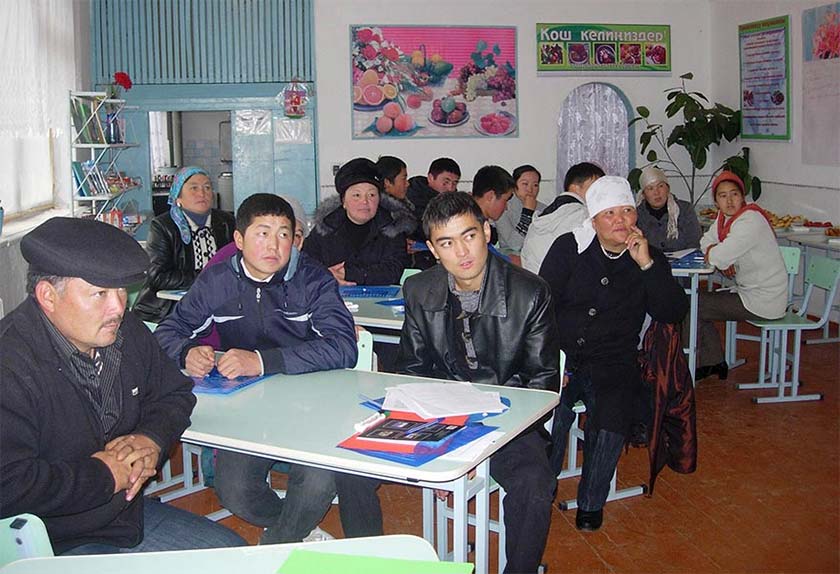
Another key focus for the project was to provide education to the communities about periods and safe sanitation. During the toilet building process, the local communities, including builders and teachers, were trained in the principles of sustainable and safe sanitation, and how access to clean toilets impacts on education, especially when it comes to managing periods. Students were also educated about the importance of health and hygiene around menstruation, and about gender equality and women’s rights awareness.
A project for change
The Safe School Sanitation Project with WECF was a resounding success – the toilets are comfortable, clean and safe. As an added bonus, they provide fertiliser and compost for growing food locally. Students and teachers alike now have access to clean sanitation and privacy when using the toilet at school. This is especially beneficial for those with periods – allowing them to continue with their education regardless of the time of the month.
Education about hygiene, periods and gender equality helps to dismantle the taboo around periods and the shame and isolation menstruators can often feel during their period. Now, people living in the areas are not afraid or ashamed to attend school when they’re on their period.
Period poverty still exists across the globe, even in many of the world’s wealthiest countries. We believe that by working together to provide safe sanitation and period awareness and education, as well as affordable period products, we can start to bring about real change to the communities and the people that need it the most.
Find out more about the organisations we work with through our 1% for the Planet membership.
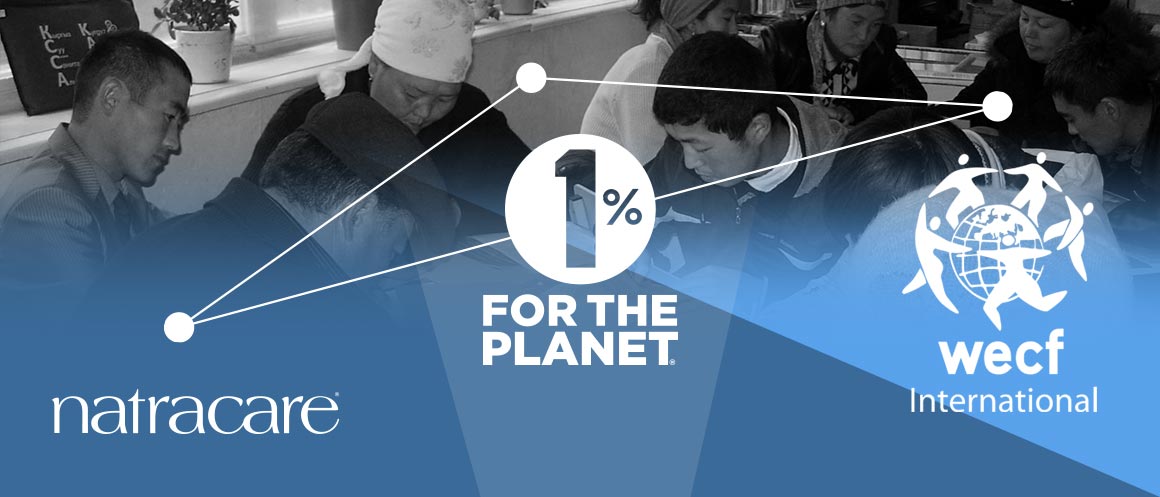






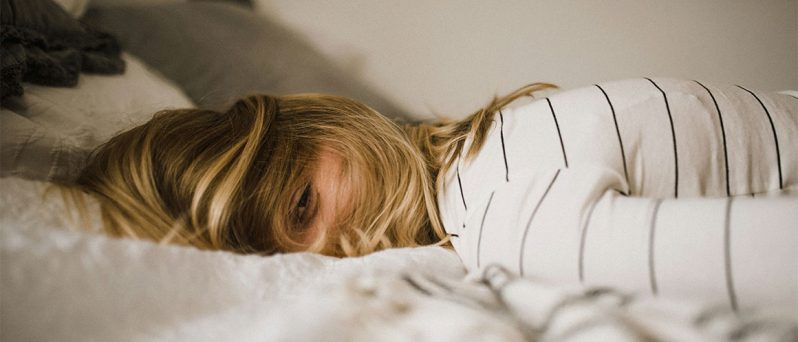
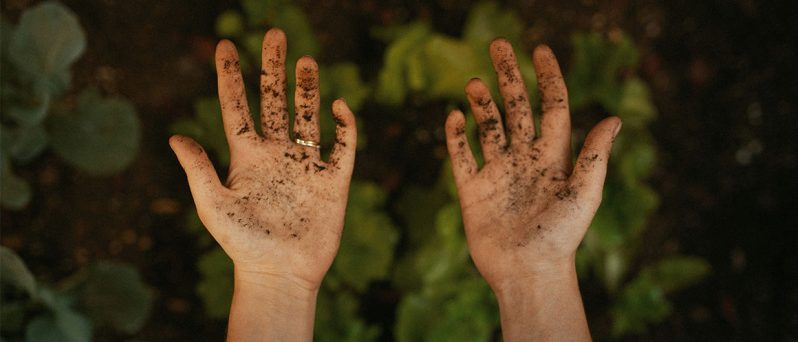
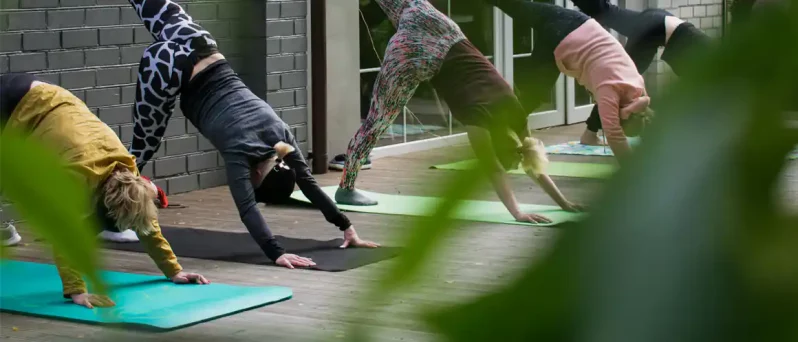
Educating communities about period poverty is key to breaking the silence on menstruation. We must bring the boys and men in this campaign
Yes we totally agree Mirembe! We talk about education around menstruation in another blog post here, should boys be taught about periods. Please take a read and see what you think!